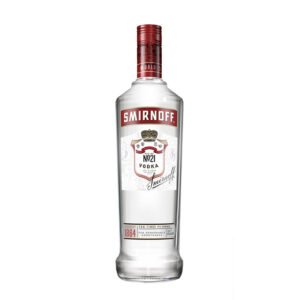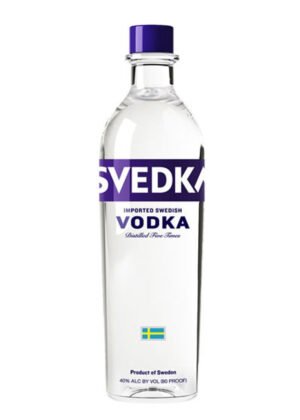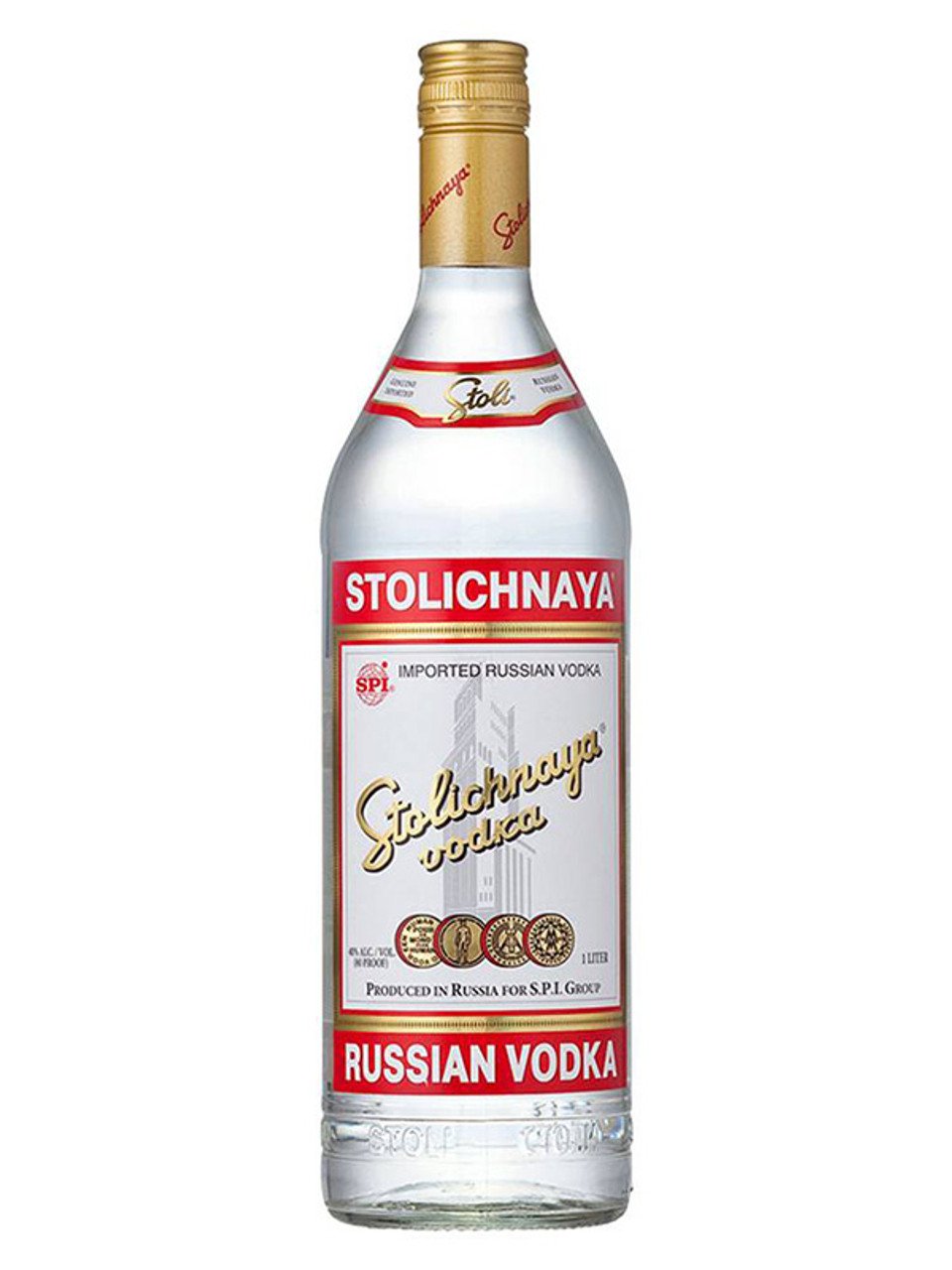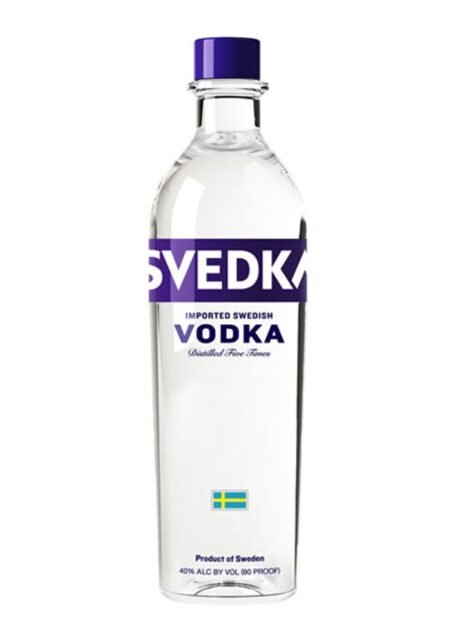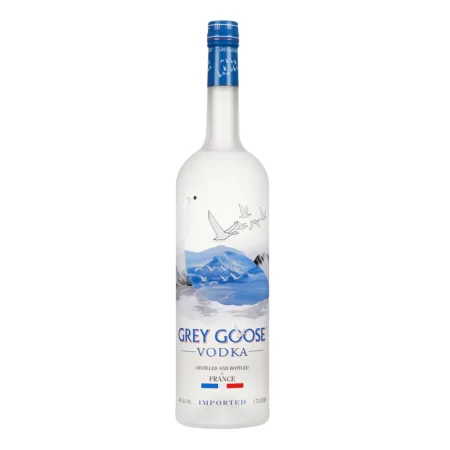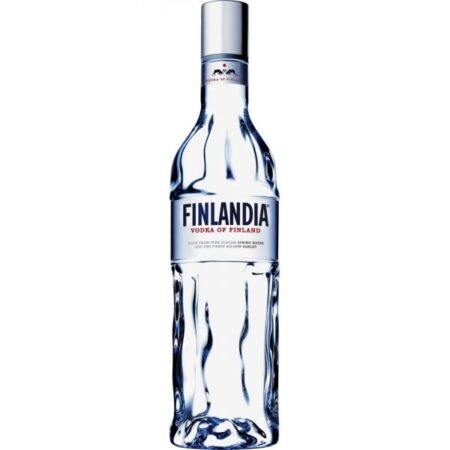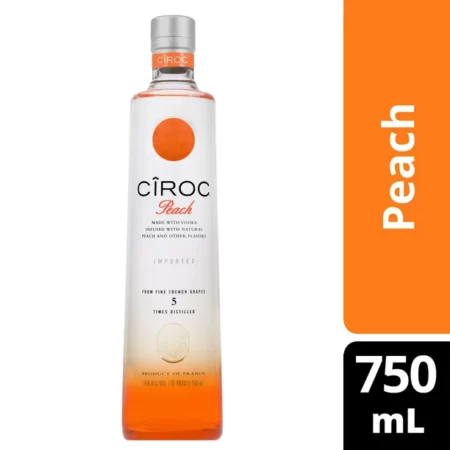Stolichnaya (Russian: столичная: “capital (vodka)”, stress on “lich” pronounced like “leech”) is a Russian vodka produced from wheat and rye grains in Tambov, a town located in the Black Earth Region of Russia. This region has long been known as the bread-basket of Russia and has a long history of growing grain and vodka production. It’s this blend of grain that gives Stolichnaya its spicy finish, something particular to Russian vodkas.
This vodka starts with wheat and rye grains. Artesial well water is added to these grains to begin the fermentation which takes about 60 hours. Once fermentation is complete the resulting liquid is distilled four times to a strength of 96.4% ABV. This spirit is then diluted to bottling strength with more artesial well water which ultimately gives the vodka its smoothness. It is then filtered through quartz sand, activated charcoal, and finally through woven cloth. It is affectionately called Stoli (though only in non-Russian speaking areas).
The brand’s logo features the words “Stolichnaya vodka” in gold cursive script, over a drawing of a former Moscow landmark, the Hotel Moskva, where Stalin once stayed and the site of one of the first Metro stations in the capital.
Stolichnaya has its origins in the Moscow State Wine Warehouse No. 1 which was opened in 1901 by the authorities to ensure higher quality vodka production. Since 2001, Stolichnaya trademark has been an object of a dispute between the SPI Group and the government of Russia.
In 1972, the Pepsico company struck a barter agreement with the then government of the Soviet Union, in which Pepsico was granted exportation and Western marketing rights to Stolichnaya vodka in exchange for importation and Soviet marketing of Pepsi-Cola. This exchange led to Pepsi-Cola being the first foreign product sanctioned for sale in the U.S.S.R..
After the breakup of the Soviet Union Stolichnaya vodka continued to be produced for export in several of the ex-Soviet republics, including Kazakhstan and Ukraine. The bottles retained their Soviet-era labels.
In August 1991, the Soviet patent office revoked the Soviet agency’s right to use the Stolichnaya name in Russia. This led to numerous lawsuits, including what companies could market vodka under this name in the United States. On November 20, 1992, a federal judge ruled that PepsiCo would maintain the exclusive right to the name in the United States, as allowing others to market under the name would bring a “risk of irreparable harm” to the trademark.

